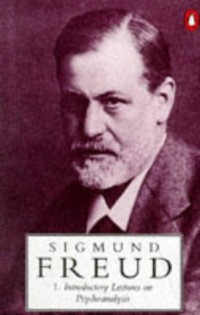
Neuroscientist Eric Kandel, who won the Nobel Prize in Medicine in 2000 for his research on the neurochemistry of the Aplysia sea slug, wrote in 1999 that “psychoanalysis still represents the most coherent and intellectually satisfying view of the mind.”
That may come as a surprise to people who think of Freud as a relic or … Read More
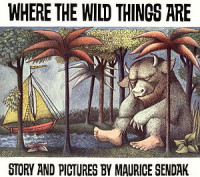
Until recently, I didn’t understand the appeal of this book. The wildness of the boy and of the monsters, who have horns and sharp teeth, seemed inappropriate to a children’s book. Then my younger son discovered a copy of it on the shelf and became attached to it; shortly after that I saw the movie … Read More
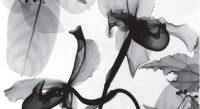
My blog this month (this quarter?) appears on the website of the literary magazine A Public Space. It’s a defense of historical fiction.
Please follow this link to read it.
I Wonder What Henry James Would Say to Toni Morrison
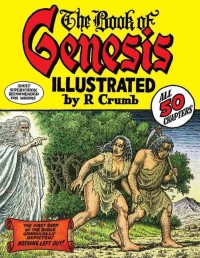
Harold Bloom says that Freud learned all his psychology from Shakespeare. Would it be radical to suggest that Shakespeare learned half of his psychology from the Romans and the other half from the Hebrew Bible?
Robert Alter says of the Bible’s authors, “[T]he Hebrew writers manifestly took delight in the artful limning of … lifelike characters … Read More

A certain movie star will soon finish his run as Hamlet at Broadway’s Broadhurst Theater. Polonius and Laertes will again be safe from nightly perforation at the end of this actor’s sword, and Shakespeare’s play will also be safely out of his reach. It isn’t the first time that an accomplished movie star has entered … Read More
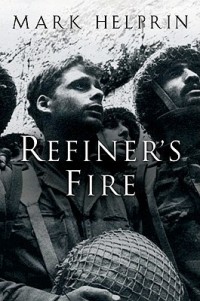
Refiner’s Fire was Mark Helprin’s first novel, published in 1977, a semi-autobiographical fantasy that follows Marshall Pearl from his childhood in the Hudson Valley through many adventures on the sea, in the mountains, and in the plains, in the classrooms of Harvard and finally in the Israeli army. A London newspaper described the book like … Read More
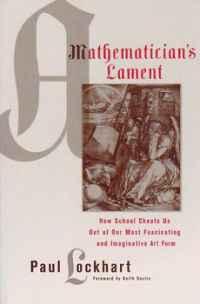
Who could dislike a book on math with a chapter inside it called “High School Geometry: Instrument of the Devil”?
This is a radical and subversive work in the best sense; it’s brilliantly and comically irreverent toward that which is inane. What this particular author finds so inane is the standard K-12 math curriculum, and … Read More
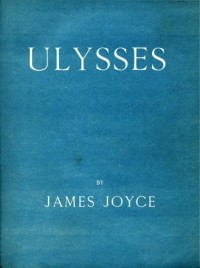
Somewhere, in the last ten or twenty years or so, Dale Peck wrote that the development of the novel in English took a wrong turn somewhere in the middle of James Joyce’s A Portrait of the Artist as a Young Man. His attack was really on post-modernism, and all literature that appears complex and self-referential … Read More
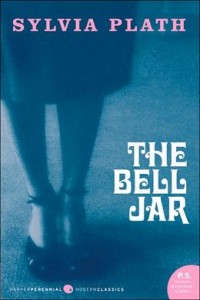
Sylvia Plath’s autobiographical portrait of Esther Greenwood, the 19 yr old protagonist of The Bell Jar (Plath’s only published novel), must be one of the most intimate and realistic accounts of depression in all literature. Esther’s a worthy heir to Hamlet in that respect. And like Hamlet, she’s also acerbically funny, self-deprecating (to the point … Read More